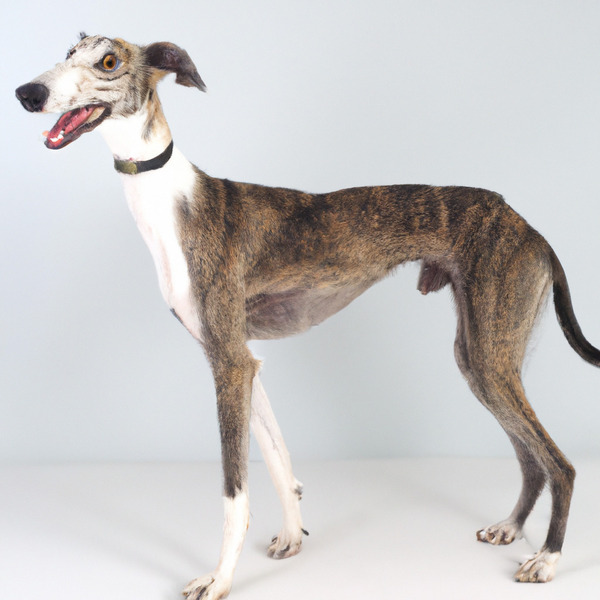Lurcher vs. Bull Terrier: Breed Differences and Similarities
Weight Gain Potential
Which breed eats more: Lurcher or Bull Terrier?
Lurcher has average obesity risk, needs balanced diet, daily walks, and weight monitoring.
Bull Terrier tends to gain weight easily, needs increased exercise and playtime along with controlled food intake.
Hypoallergenic
Are Lurchers or Bull Terriers hypoallergenic, or neither?
Unfortunately, neither Lurcher nor Bull Terrier are hypoallergenic, which may not make them the best choice for dog lovers who suffer from pet allergies.
Temperament
What are the personalities of Lurcher and Bull Terrier dogs?
Affectionate
Funny
Loving
Active
Protective
Trainable
Keen
Sweet
Tempered
Shedding Level
Do Lurchers shed more than Bull Terriers, or which breed sheds more, Lurchers or Bull Terriers?
Lurcher or Bull Terrier dogs are not heavy shedders, but they will lose a significant amount of hair each year. To decrease the amount of shedding, you can regularly brush your Lurcher or Bull Terrier. This will remove loose hair and keep their coat growing in the same direction.
Watchdog Ability
Which dog breed makes a better watchdog, the Lurcher or Bull Terrier?
Lurchers make excellent watchdogs - they're vocal and protective of their territory.
Choose a Bull Terrier if you want a top-notch watchdog. This breed takes guarding seriously, and may not require much training, though obedience or guard dog training can improve their skills.
Origin
What is the origin of Lurcher and Bull Terrier dog breeds?
Great Britain
England
Ancestry
What are the origins of Lurcher and Bull Terrier breeds?
Sight-hound
Bulldog, Old English Terrier
Breed recognition
Which kennel clubs recognize/register Lurcher and Bull Terrier?
Dog Registry of America Inc.
American Canine Registry
American Kennel Club
America's Pet Registry
Canadian Kennel Club
Dog Registry of America Inc.
Federation Cynologique Internationale
Kennel Club of Great Britain
North American Purebred Registry, Inc.
American Canine Association, Inc.
Australian National Kennel Council
Continental Kennel Club
National Kennel Club
New Zealand Kennel Club
United Kennel Club
Date of Birth
When were Lurcher and Bull Terrier breeds first developed?
Middle Ages
1800s
Breed Group
What is the Breed Group of Lurcher and Bull Terrier?
Sighthound
Terrier (AKC:1885 & UKC)
Eye Color Possibilites
What are the eye colors of Lurcher and Bull Terrier dogs?
Blue
Hazel
Brown
Amber
Brown
Nose Color Possibilites
What are the natural nose colors of Lurcher and Bull Terrier?
Blue
Black
Brown
Isabella
Black
Coat Color Possibilites
What are the natural colors of the coat for Lurcher and Bull Terrier breeds?
Brindle
Sable
White
Pied
Silver
Blue
Fawn
Isabella
Cream
Red
Brown
Gray
Black
Fawn
White
Pied
Brindle
Red
Coat Length
What is the typical coat length for Lurcher and Bull Terrier breeds?
Lurchers have medium-length coats.
Bull Terriers have short coats.
Coat Density
What is the density of the coat of Lurcher and Bull Terrier?
Coat Texture
What is the hair texture of Lurcher and Bull Terrier?
Straight
Litter Size
What is the usual litter size for Lurcher and Bull Terrier?
A Lurcher can have a litter of 12-14 puppies on average. However, it's worth noting that the size of the litters can vary greatly. Factors that can influence litter size include the health of the mother, breeding history, and genetics.
A Bull Terrier can have a litter of 10-12 puppies on average. However, it's worth noting that the size of the litters can vary greatly. Factors that can influence litter size include the health of the mother, breeding history, and genetics.
Adaptability
Lurchers have average adaptability to changes in lifestyle and living environments compared to other breeds.
Bull Terriers are known for their adaptability and can adjust well to different environments and lifestyle changes.
Health Issues
Between Lurcher and Bull Terrier, which breed is more prone to health problems?
While the Lurcher breed is generally healthy, occasional vet check-ups are still necessary to address any health concerns.
The Bull Terrier breed is generally very healthy, requiring minimal vet visits. Still, it's important to keep an eye on their health and seek veterinary care when needed.
Major Concerns
What are the major health concerns for Lurcher and Bull Terrier breeds?
Heat Stroke
Gastric Dilation Volvulus (GDV) or Bloat
Deafness (Whites)
Kidney Problems
Mitral Valve Disease
Lethal Acrodermatitis
Minor Concerns
What minor health issues should be kept in mind when owning Lurcher and Bull Terrier?
Hypothyroidism
Foot and Toenail Injuries
Eye Conditions (Cataracts, Lens Luxation)
Entropion
Ectropion
Demodectic Mange
Eye Disease
Laryngeal Paralysis
Occasional Tests
What occasional tests are recommended for Lurcher and Bull Terrier breeds?
Eye Examinations
Blood And Urine Analysis
X-rays or other radiographic imaging
Bone Biopsy
Cardiac
Eye
Blood Test
Hearing (Whites)
Up:Uc Ratio For Kidney Function
Skin Scraping
Energy
How do the energy levels of Lurchers and Bull Terriers compare?
Lurchers are suitable for those with a balanced lifestyle as they have an average energy level.
Bull Terriers' high energy levels make them unsuitable for a low-key dog, choose accordingly.
Social Needs
Lurcher vs Bull Terrier social needs comparison
Lurcher has average social needs and is less independent than other breeds.
Bull Terrier has very high social needs and requires regular mental and physical stimulation, a job or purpose, and companionship.
Exercise Needed
Lurcher vs Bull Terrier exercise need comparison.
Lurchers need moderate physical activity and are great for families and active individuals.
Bull Terriers require significant physical activity and suit those with an active lifestyle.
Sleeping Need
Which of the two sleeps the most/least: Lurcher or Bull Terrier?
Lurchers have moderate energy levels and typical sleep patterns of 12-14 hours per day.
Bull Terriers sleep less than other breeds but still need adequate sleep for good health.
Drooling Tendency
Which drools more/less, Lurcher or Bull Terrier?
Lurcher has low drooling tendency, suitable for those who dislike drool marks.
Bull Terrier minimally drools, ideal for those who dislike drool marks on clothing.
Tendency to Bark
Do Lurchers or Bull Terriers bark more/less frequently?
Lurchers bark moderately when necessary and may also bark due to certain triggers like fear, alarm, boredom, greeting, separation anxiety and compulsive barking.
Bull Terrier dogs are generally less vocal than other breeds and only bark when necessary, such as to alert their owner or communicate.
Territorial
Is the Lurcher or Bull Terrier a better guard dog?
Lurcher dogs have a strong protective nature and territorial instinct. They are highly vigilant and will fiercely defend their home and family.
Bull Terrier dogs are highly protective and make excellent guard dogs due to their strong instinct to defend their territory and owners, and their high level of vigilance.
Mouthiness
Mouthiness Comparison: Lurcher vs Bull Terrier?
Roaming urge
Lurcher vs Labrador: Running away tendency?
Prey Drive
Lurcher or Bull Terrier - which breed has a higher level of prey drive?
Past times
What are some enjoyable activities and ways to keep Lurcher and Bull Terrier entertained?
Go on Vacation, Frisbee, Catch treats, Tug-of-war, Chase, Nose work, Dog Parks, Hike, Ball chasing, Hide and seek
Walking, Tug of war, Fetching, Playing around, Chewing, Running, Jumping, Walk, Sniffing, Fetch, Catch treats, Play, Chase, Eating Snacks, Hiking, Sleep, Camping, Tug-of-war, Beach, Cuddling
Activity Level
Which breed has higher energy, Lurchers or Bull Terriers?
Lurchers are medium-energy dogs and typically enjoy socializing and playing casual or even sustained games of chase with other dogs. They may also have occasional periods of barking or racing around the house.
Bull Terriers are high-energy dogs. They need mental as well as physical exercise. These dogs require a lot of your involvement and without it they can, and will, become problematic dogs.
Tolerance of being left alone
Walks per Week
How many miles should Lurcher or Bull Terrier walk each week?
There's really no limit to how far you walk your dog as long as they're comfortable. For Lurcher, it's at least 15 miles / week. Just remember to build distance and stamina gradually over time.
There's really no limit to how far you walk your dog as long as they're comfortable. For Bull Terrier, it's at least 8 miles / week. Just remember to build distance and stamina gradually over time.
Activity per Day
Do Lurchers or Bull Terriers require more exercise?
Both Lurcher and Bull Terrier typically require a minimum of 60 minutes of exercise each day. The exercise can be spread throughout the day and may involve high-energy activities like walking, running, and playing.
Grooming
Which breed is easier to maintain in terms of grooming, Lurchers or Bull Terriers?
The Lurcher requires an average amount of grooming compared to other breeds.
The Bull Terrier is a low-maintenance breed that doesn't require much grooming.
Brushing Frequency
What is the recommended brushing frequency for Lurcher and Bull Terrier dogs?
Lurcher and Bull Terrier should be brushed at least once a week. Of course, you can give them more frequent brushes if you find that they are still shedding a lot.
Brushing Tools
What brushing tools are used for Lurchers and Bull Terriers?
Pin Brush
Slicker Brush
Nail Clipper
Pin Brush
Comb
Nail Clipper
Cups
How much food should be given to Lurcher or Bull Terrier in cups?
Lurcher and Bull Terrier share the same recommended daily food intake of 2.5 cups, although the appropriate quantity may vary depending on the quality and nutritional content of their food.
Daily Cost
Which breed has a higher daily cost, Lurcher or Bull Terrier?
Lurcher and Bull Terrier have a similar average daily cost of around $2.10 - $2.70.
Monthly Cost
Which breed has a higher monthly cost, Lurcher or Bull Terrier?
The average per month expenses of a Lurcher is between $48 - $63. This makes an average of $576 - $756 per year. It will be on the higher side when the dog is still small because it will need more frequent visits to the vet, shots.
The average per month expenses of a Bull Terrier is between $55 - $73. This makes an average of $660 - $876 per year. It will be on the higher side when the dog is still small because it will need more frequent visits to the vet, shots.
Intelligence
Comparing Intelligence: Lurchers vs Bull Terriers
Lurcher has below average obedience intelligence, but they excel in understanding human emotions.
Bull Terrier is a very intelligent and trainable breed.
Sensitivity Level
How do Lurcher and Bull Terrier compare in sensitivity?
This breed is sensitive and requires gentle handling and a calm home environment.
This breed is sensitive to its environment and best suited for patient and understanding families with a consistent routine.
Affection Dependance
Which is the more affectionate dog breed: Lurcher vs Bull Terrier?
Apartment Friendly
Which breed is more apartment-friendly: Lurcher or Bull Terrier?
The Lurcher is not suitable for apartments and requires a large yard to thrive. Pent-up energy in small spaces can lead to destructive behavior.
The Bull Terrier is a great apartment dog, thriving with sufficient exercise and time outside as part of their daily routine.
Child Friendly
Do Lurchers or Bull Terriers have a friendlier temperament towards children?
Lurcher and Bull Terrier are kid-friendly dogs. They are good with children and excellent dogs with children if they are socialized and trained at a young age.
Senior-friendly
Which dog is more suitable as a pet for the elderly - Lurcher or Bull Terrier?
Cat Friendly
Do Lurcher or Bull Terrier breeds have a better compatibility with cats?
Lurchers are average in their friendliness toward cats and tend to do well with them, especially if raised together.
Bull Terriers are somewhat cat friendly and can be trained to get along with cats.
Dog Friendly
Which breed is more sociable with other dogs: Lurcher or Bull Terrier?
Lurchers and Bull Terriers are below average dog friendly dogs. Lurchers and Bull Terriers may not always get along well with other dogs they have not been raised with.
Pet friendly
How do Lurcher or Bull Terrier dogs interact with other pets?
Stranger Friendly
Which breed is more friendly with strangers: Lurcher or Bull Terrier?
Lurchers are averagely friendly around strangers but benefit from early socialisation.
Bull Terriers are friendly but may bark at strangers, and training is easy due to their intelligence.
Playfulness
Which breed is more playful between Lurcher and Bull Terrier?
Lurchers have an average level of playfulness, enjoying playtime like most dogs but not excessively so.
Bull Terriers are very playful, so adopting an older one might be a better option for a more relaxed experience.
Trainability
How do the trainability levels of Lurchers and Bull Terriers compare?
Lurchers are usually easy to train but require consistency to fully obey commands.
Bull Terriers are popular for their ease of training and quick learning ability.
Compare Lurcher with other breeds
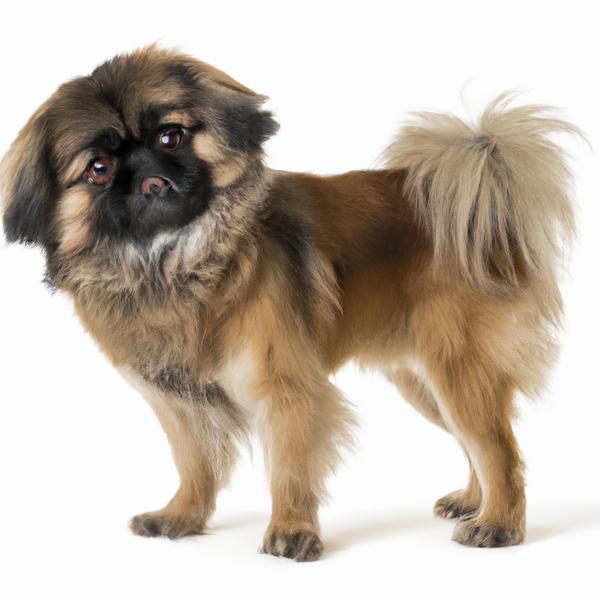
Peke-A-Boo
Lurcher vs Peke-A-Boo
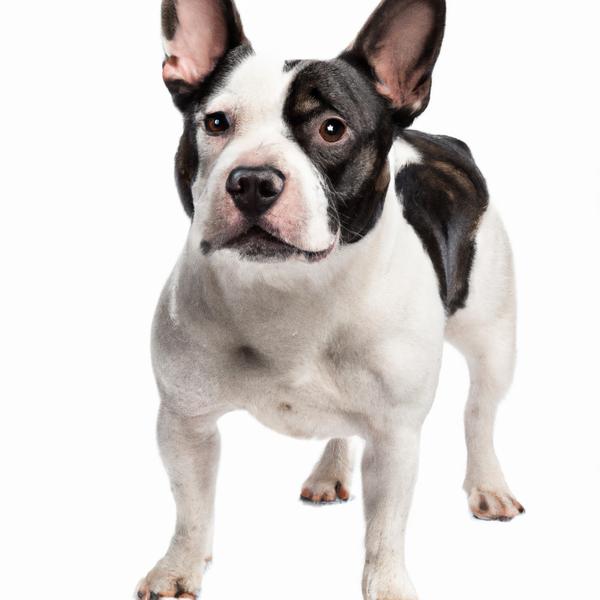
Miniature French Bull Terrier
Lurcher vs Miniature French Bull Terrier
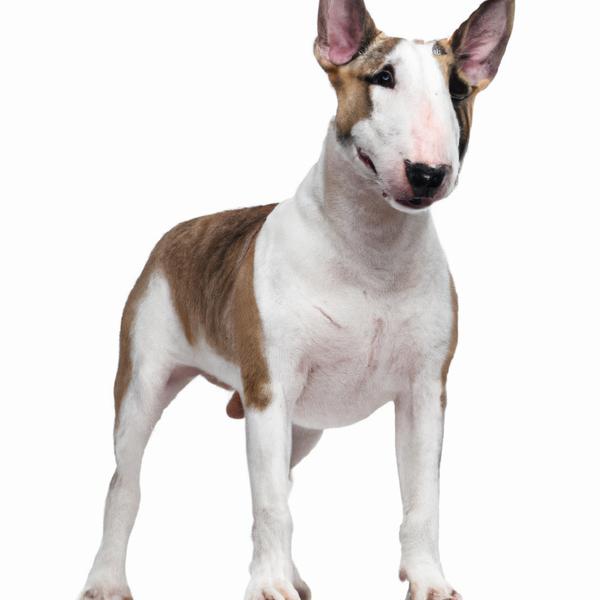
Bull Terrier
Lurcher vs Bull Terrier
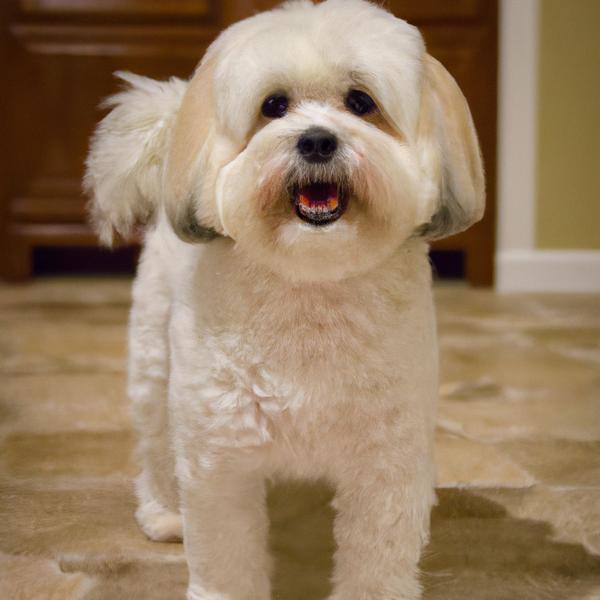
Zuchon
Lurcher vs Zuchon
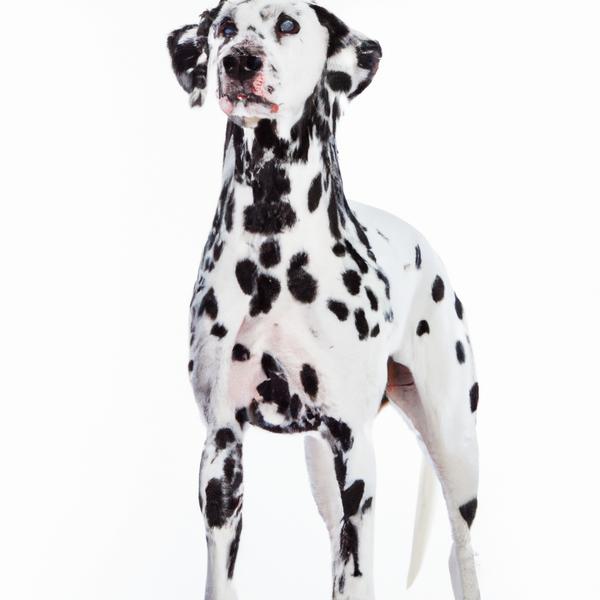
Dalmatian
Lurcher vs Dalmatian
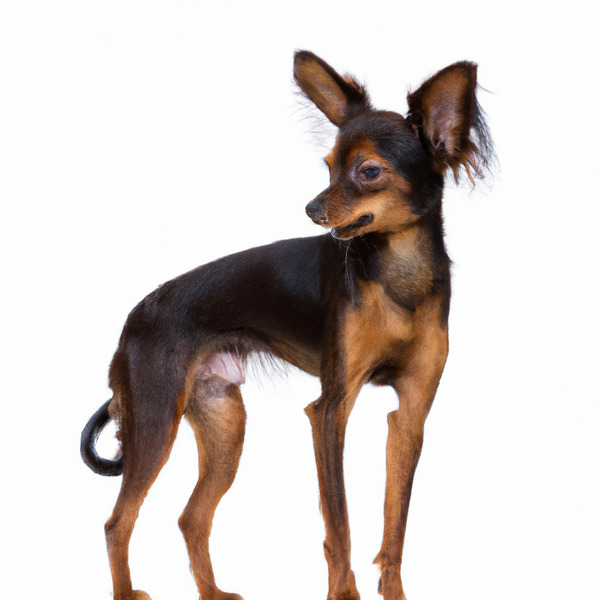
Russian Toy
Lurcher vs Russian Toy
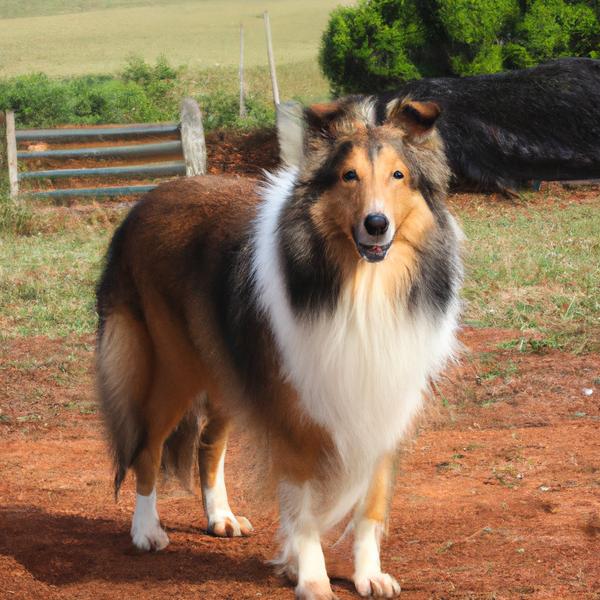
Collie
Lurcher vs Collie
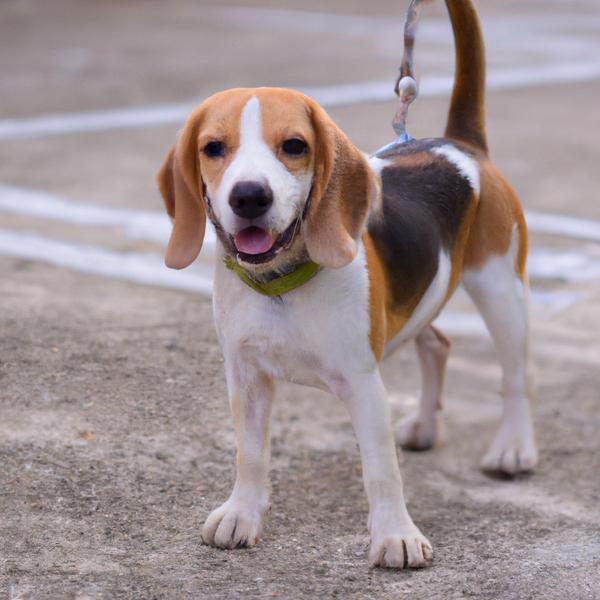
Beacol
Lurcher vs Beacol
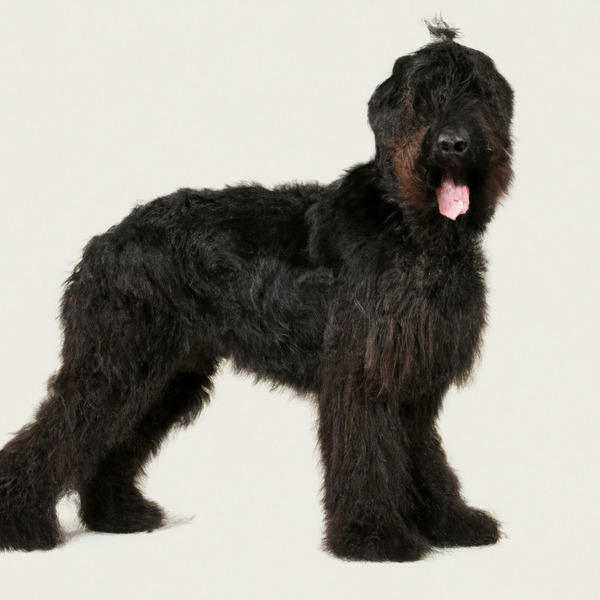
Black Russian Terrier
Lurcher vs Black Russian Terrier

Golden Labrador
Lurcher vs Golden Labrador
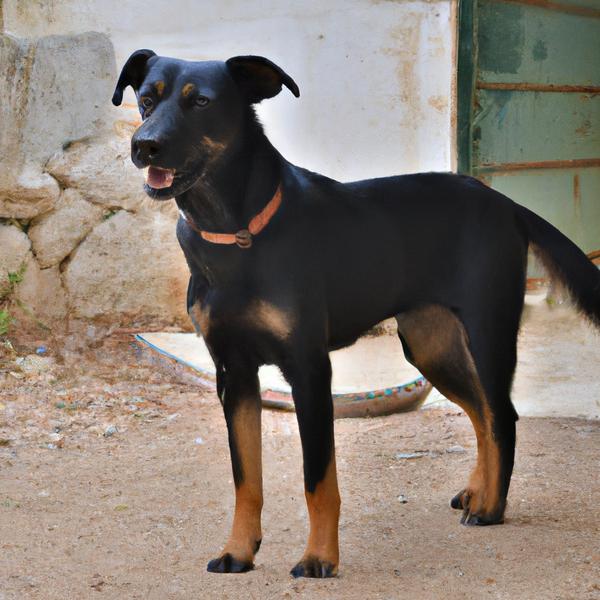
Bouberman
Lurcher vs Bouberman
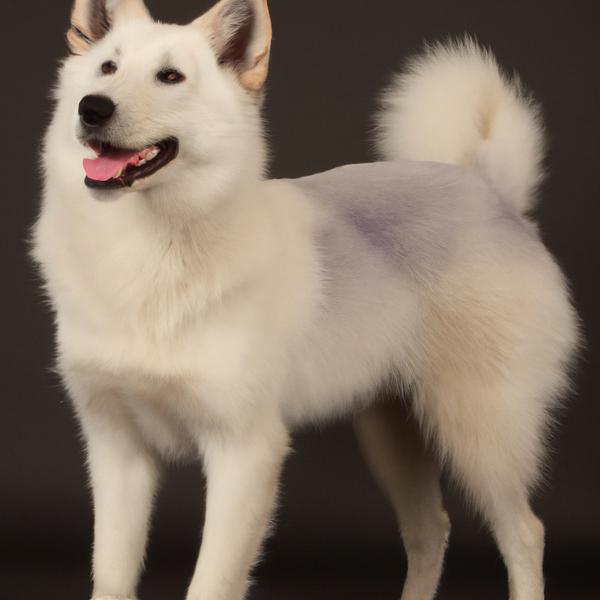
Australian Eskimo
Lurcher vs Australian Eskimo
